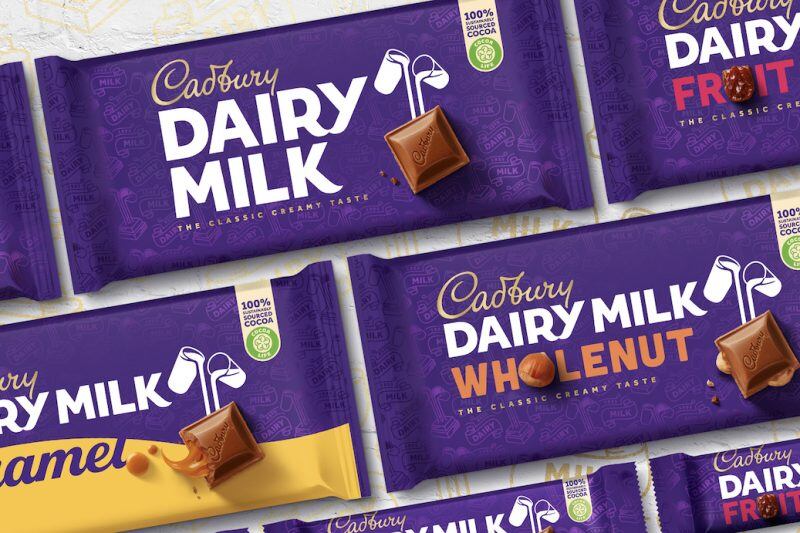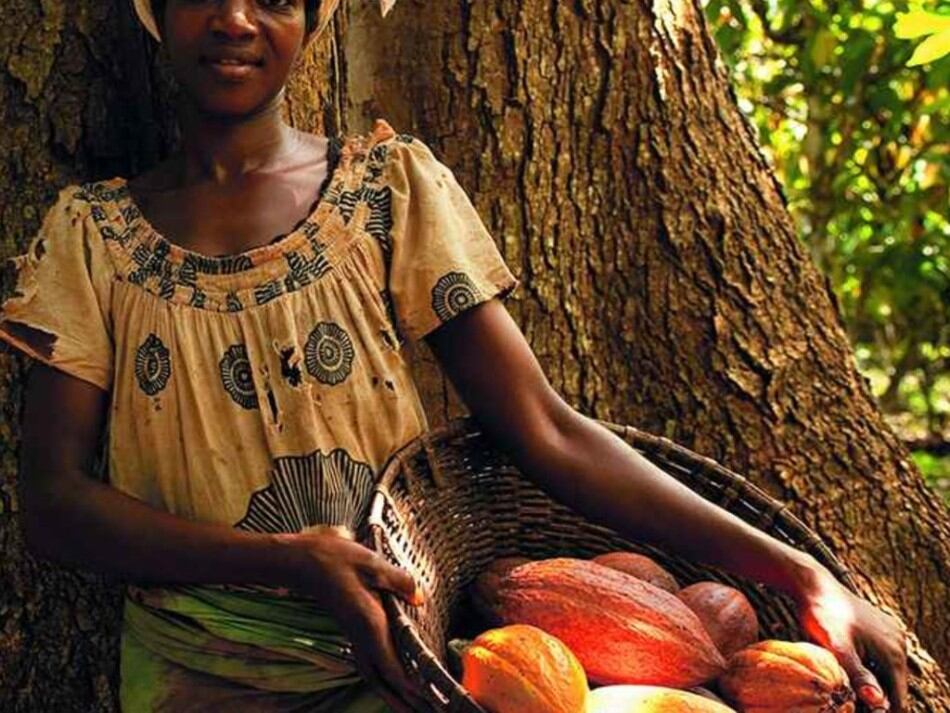The lawsuit has been active for almost three years but plaintiff lawyers have finally come up with a complaint that adequately alleges Nestlé falsely labelled products to mislead consumers about the use of child and slave labour in the West African cocoa supply chain.
According to the suit, the company has known for more than a decade that its supply chain is tainted with child labour, but its use of seals claiming its cocoa is sustainably sourced sways consumers into believing its products follow socially and environmentally responsible standards.
San Diego federal judge James Lorenz denied Nestlé ‘s motion to dismiss, saying plaintiff Renee Walker plausibly alleged the food giant deceived customers with labelling on its chocolate chips and hot cocoa mix suggesting the cocoa was sourced in a way to help improve farmers' lives.
When lawyers included pictures of Nestlé products with the allegedly misleading statements, they never said which, if any, were actually purchased by their client. An amended complaint did.
California consumer protection
The case is one of many using California consumer protection laws to punish companies that buy cocoa from West Africa, where some cocoa farms use child and slave labour.
Walker wants to represent a nationwide class of people who bought Nestle products marked with the ‘Nestle Cocoa Plan’, ‘UTZ’ certification seals, ‘sustainably sourced’ or ‘improving the lives of farmers.’
Nestlé moved to strike the claims, arguing Walker's complaint implicated its right to free speech under the First Amendment, as its statements on its efforts to improve the lives of farmers are a matter of public interest.
But Judge Lorenz in June 2020 shot down Nestle's bid to strike those claims, finding the case focuses on alleged deceptions on the product labels, not statements on the company's website that Nestlé argued are protected as free speech.
The case against Nestlé, filed in May 2019, claims plaintiff Renee Walker bought its products based on labels that stated Nestle “supports farmers for better chocolate” through its sustainable Cocoa Plan programme and that the company was working to “help improve the lives of cocoa farmers.”
The “Plaintiff alleges Defendant knew that incidence of child labour increased since the inception of the Nestlé Cocoa Plan,” Lorenz’s ruling says.
“The statements on Defendant’s products that the cocoa is ‘sustainably sourced’ based on the ‘Nestle Cocoa Plan,’ which is said to ‘help improve’ the lives of farmers and ‘support’ them, are at odds with the fact that the child labour problem the Nestle Cocoa Plan is said to address has grown more, and not less, severe.
“The addition of the UTZ certification enhances the advertising statements by suggesting they are true because they were approved by a third party.”
Nestlé statement
A Nestlé spokesperson told ConfectioneryNews: "This ruling is purely procedural in nature and is in no way reflective of the merits of the plaintiff’s allegations, which remain unproven. To be clear, child labour is unacceptable and we remain unwavering in our dedication to help combat child labour in the cocoa industry, which is a complex global issue. Access to education and enhancing farming methods and livelihoods are crucial to fighting the risk of child labour in cocoa production. Helping to address the root causes of the risk of child labour is part of the Nestlé Cocoa Plan and will continue to be a key focus."
Sources:
https://www.law360.com/articles/1478276/nestle-can-t-ditch-child-slave-labor-labeling-suit



